Doncaster Secondary College understands that students with a positive sense of wellbeing are more engaged learners, caring citizens and thriving people.
Student Wellbeing
Doncaster Secondary College offers a supportive school community where student wellbeing is fostered and valued. By nurturing students in this way, it helps them to thrive, become engaged learners and caring and resilient citizens both today and into the future.
DSC has a whole school approach to wellbeing that builds an inclusive culture of mutual care and respect where diversity is celebrated. This approach means that every member of the school community has a role to play in the creation of an inclusive school environment. The role of the Wellbeing Team within this model is to provide opportunities for students, families, staff and broader school community members to contribute to the creation of an inclusive, supportive school environment.
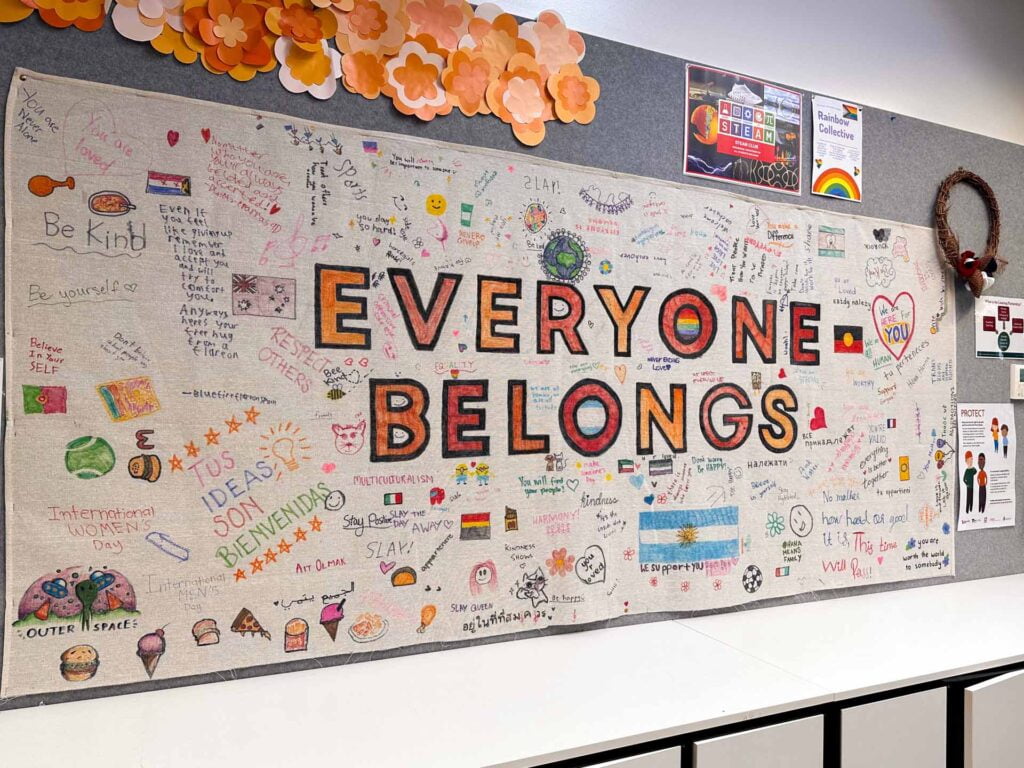

Wellbeing Supports at DSC
The College utilises a tiered model of student support that enables staff to identify areas of need and build a proactive wellbeing program that equips all of our students with knowledge and skills to build their personal and social capabilities across their learning journey at DSC.
The DSC Wellbeing Team includes:
- Assistant Principal – Wellbeing
- Student Wellbeing Coordinator
- Counsellor
- Mental Health Practitioner
- Youth Worker
We have a strong Wellbeing Placement Student program with pre-service social workers and counsellors managed by the Wellbeing Team who augment and support with delivery of our program across the tiers. The Wellbeing Team works in partnership with mini school staff and Positive Climate for Learning Leaders to build a strong mental health promotion plan to support all students throughout their learning journey at DSC.
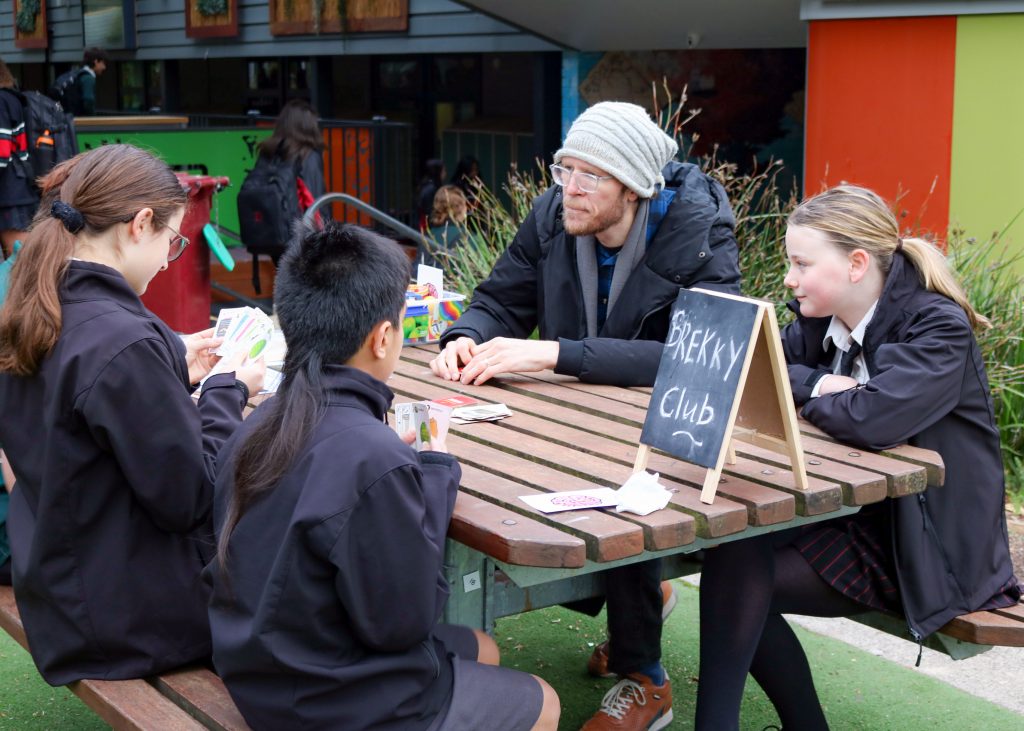

Tier 1 Interventions
Interventions and programs that are available to all students at DSC include:
- Celebration of significant events as a school community such as Anzac Day, Reconciliation Week, Body Kind Month, Mental Health Month, Wear it Purple Day, Harmony Day.
- Lunch clubs and programs that are interest based and often student led such as Lego Club, Crochet Club, Games Club, Cooking Club, Soccer Club.
- Breakfast Club program two mornings a week.
- Curriculum programs such as Managing Me, Respectful Relationships and in classroom support provided by trained pre-service social workers and counsellors from the Wellbeing Team.
- Educational Support Dog (see below for more information).
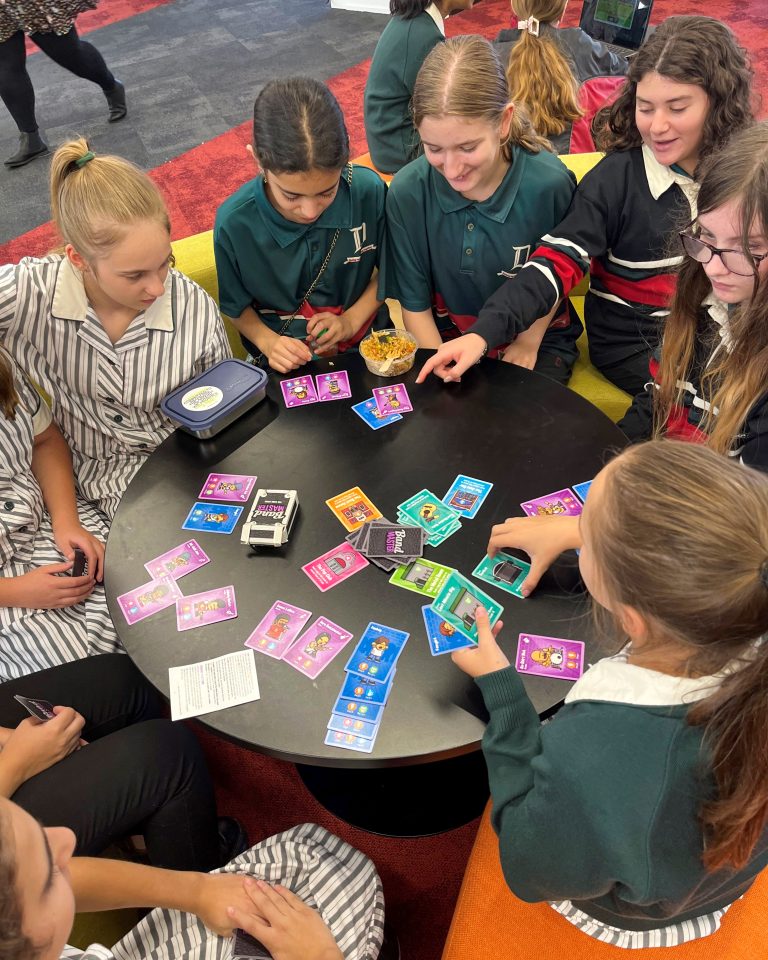

Tier 2 Interventions
Interventions and programs that are available to most students at DSC include:
- Targeted small group programs that run across 4 to 6 weeks to build specific skills, knowledge and personal and social capabilities (such as The Body Project (positive body image), Revved Up and Drumbeat (emotion regulation), Study Without Stress (test/exam stress management strategies), Empower Program (navigating peer connections)).
- Ongoing group programs for students to connect with peers (ASDiscovery (neurodiverse students), Galada Kirrip (First Nations students), Rainbow Collective (LGBTQIA+ and allies).
- Early intervention wellbeing support through our Wellbeing Team (individual, small group).
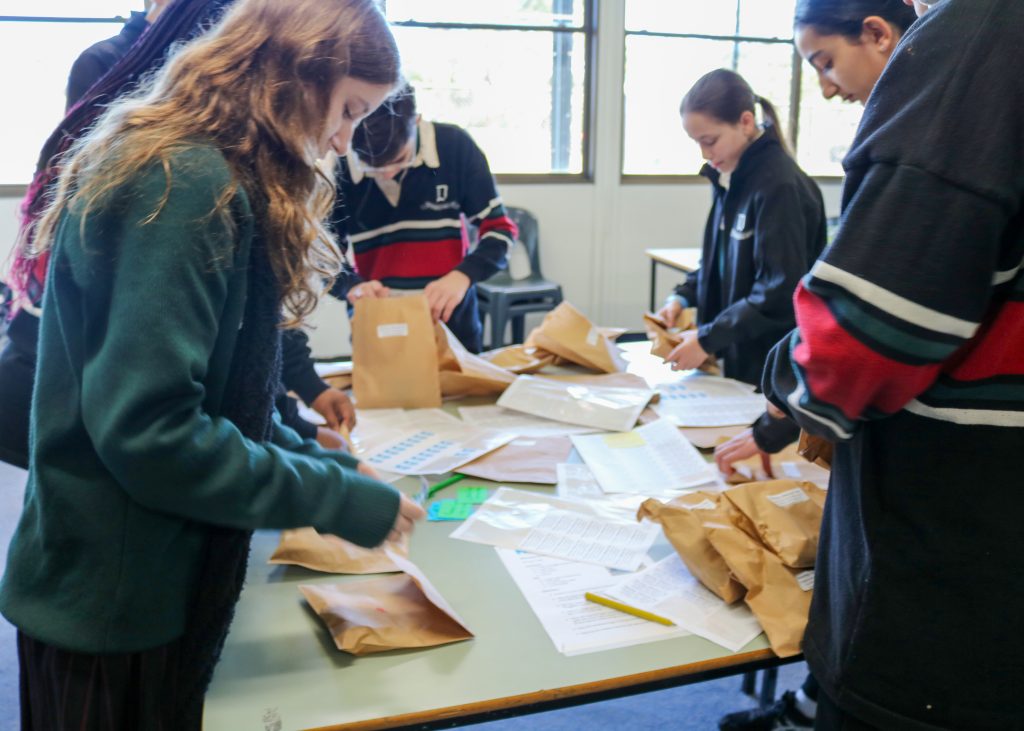

Tier 3 Interventions
Interventions and programs that are available to some students on an as needed basis at DSC include:
- Wellbeing Needs Assessments, Goal Setting, Support Planning and Referrals for students.
- Targeted assessments, screening and support planning for areas of concern (disordered eating, vaping/AOD, risk).
- Brief, individual counselling and/or social work support during school hours (10 session model).
- Parent information and support.
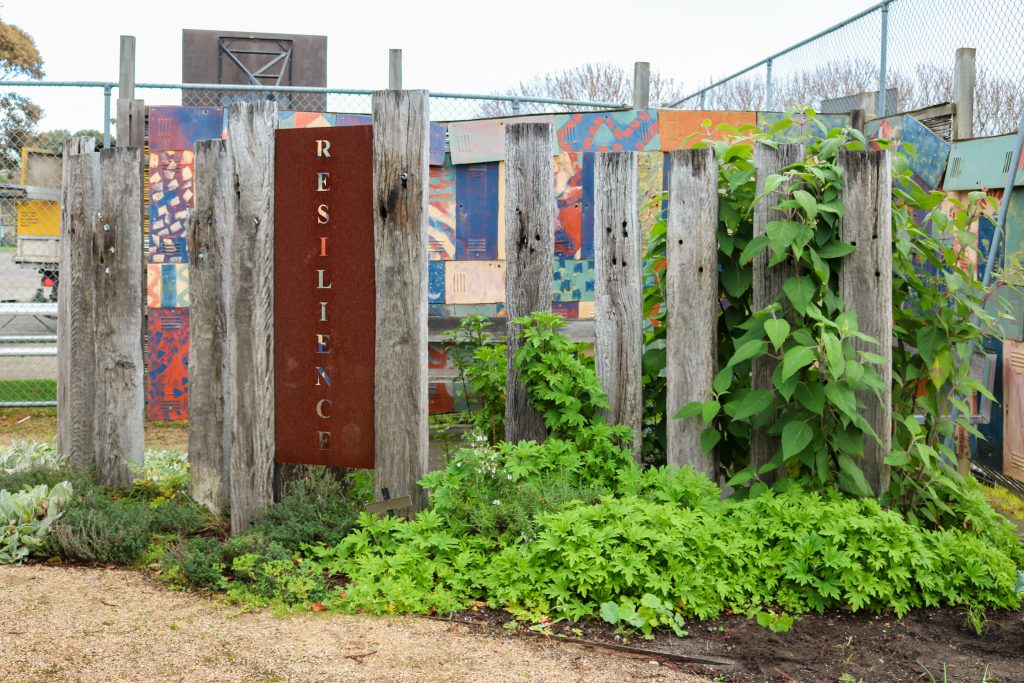

Educational Support Dogs
Our College has its very own Educational Support Dog! His name is Bowie and his primary objective is to improve wellbeing and engagement across the school.
Bowie is a miniature Groodle (Golden retriever x Poodle) and he has been chosen for his very mild temperament, intelligence and their hypoallergenic non-moulting coat. Bowie has been trained by Paw Behaviour Dog Training and has recently extended his training to become a Therapy dog. This is different to a service dog. Bowie has a natural ability to refocus students who may be feeling upset for a variety of reasons.
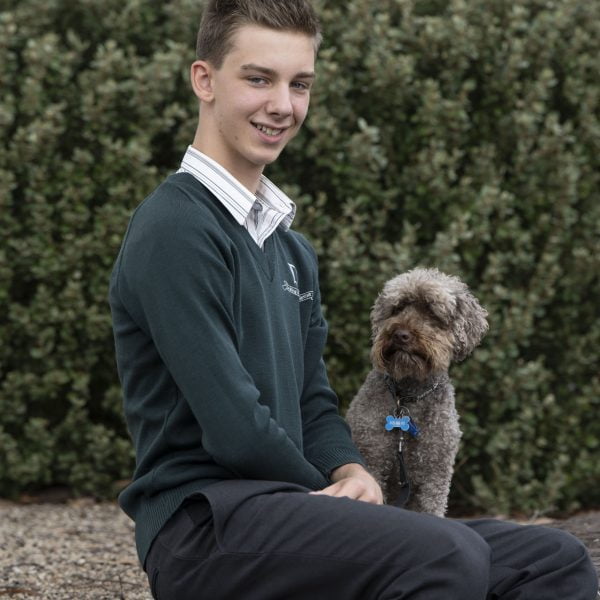

Educational Support Dogs benefit students in numerous ways including;
- Educationally
- Increasing their understanding of responsibility
- Developing empathy and nurturing skills through contact with a dog
- Facilitating a reduction in post-traumatic stress, depression and anxiety
- Providing students with a safe and comforting support
Visit Monash University’s website to learn more.